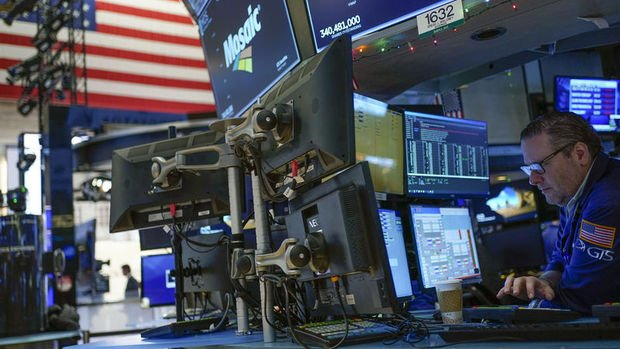Initial balance sheets disappoint global markets
In global markets, the first earnings reports from the US were disappointing. Tesla’s profits fell short of expectations in the fourth quarter, while Alphabet said it would be patient to see the results of its investments in artificial intelligence. Most Asian stock markets fell this morning, following losses on Wall Street after Tesla and Alphabet’s unimpressive earnings announcements. Stock indexes in Japan, Hong Kong and China fell along with US stock futures. The yen rose for a third straight day as investors repositioned themselves against the possibility of a rate hike by the Bank of Japan (BOJ) in the coming months, if not at next week’s meeting. The New Zealand dollar fell to its lowest level in nearly three months. The Bloomberg Dollar Index was flat at 1,256 this morning after rising 0.16 percent on the first trading day of the week. EXPECTATIONS FOR BOJ’S INTEREST RATE HIKE HAVE INCREASED EXPECTATIONS FOR BOJ’S INTEREST RATE HIKE HAVE INCREASED Tesla and Alphabet’s balance sheets were disappointing The earnings season of the tech giants known as the Magnificent Seven began with the figures announced by Tesla and Google’s parent company Alphabet. Elon Musk’s company Tesla’s second-quarter adjusted earnings per share came in at 52 cents, falling short of the Bloomberg survey’s estimate of 60 cents. However, the company’s sales revenues came in above estimates at $25.5 billion. The electric vehicle giant announced that it will not introduce its highly anticipated Robotaxi until October 10 and that it will only be a prototype. A new, low-cost car that could boost sales will not go into production until the first half of next year. A factory planned to be built in Mexico has been suspended at least until the US presidential elections on November 5. Tesla shares fell as much as 7 percent after profits fell short of expectations and the Robotaxi event was postponed until October. On the other hand, Alphabet announced revenues of $71.4 billion in the second quarter, above estimates. The rise was driven by demand for cloud computing services and ads on the search engine. However, after the company's CEO Sundar Pichai said that it was necessary to be patient in order to see tangible results from artificial intelligence investments, the shares fell.


